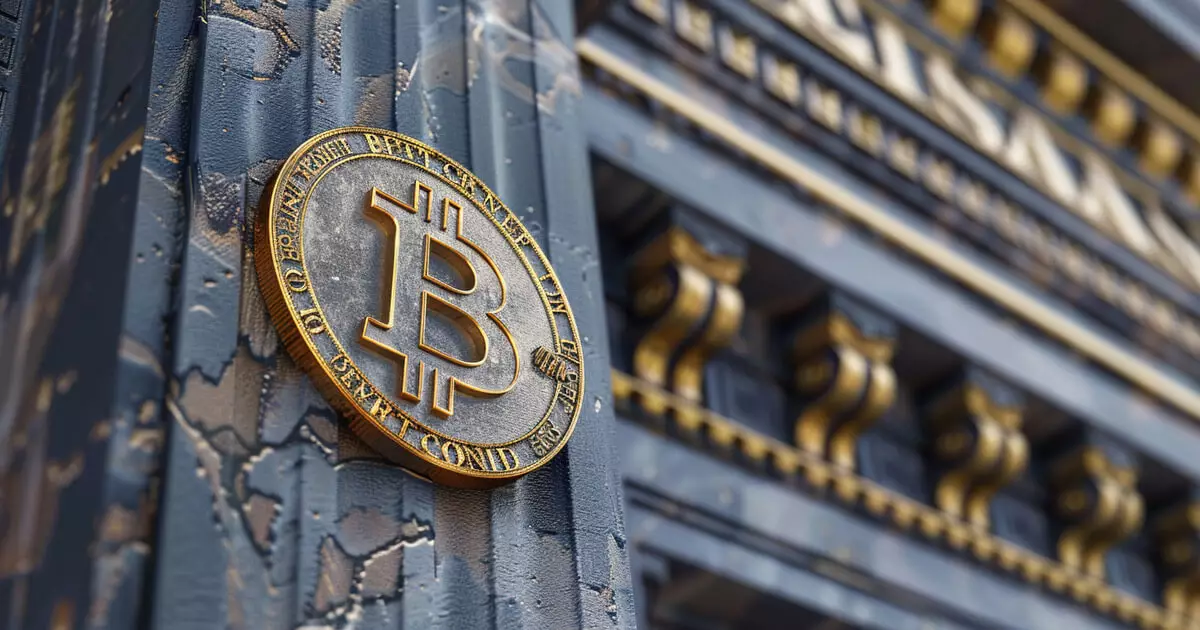The landscape for hedge funds dealing in cryptocurrency has become increasingly tumultuous, particularly regarding their access to essential banking services. A recent report by The Wall Street Journal reveals that approximately 120 out of 160 hedge funds, a staggering 75%, have faced significant challenges in obtaining banking support over the past three years. This statistic raises alarming questions about the stability of financial relationships within the crypto sector, especially when juxtaposed with the stable banking experiences of hedge funds in other asset classes such as real estate and private credit—none of which reported similar difficulties.
The issues reported by crypto hedge funds range widely, from ambiguous communication to outright severance of banking relationships. Alarmingly, more than half of the affected funds were informed that their banking relationships would be terminated, yet the reasons provided by the banks were often vague or entirely absent. When explanations were given, they typically centered around a cautious approach to limiting exposure to the volatile crypto market. This subtlety in communication raises red flags about the prevailing attitude banks adopt towards cryptocurrency ventures, indicating a potential aversion that could be detrimental to the growth and innovation within the industry.
Despite the hurdles faced, John D’Agostino, head of institutional sales at Coinbase, noted that all affected hedge funds eventually secured new banking partnerships, albeit with smaller or regional banks. This shift suggests a retreat from mainstream financial institutions for crypto hedge funds, leading to unequally positioned banking relationships that may not have the capacity to meet the diverse needs of these funds. The dependence on smaller institutions may create long-term challenges, as these banks often lack the infrastructure or expertise necessary to navigate the complexities of crypto assets.
Amid these banking concerns, the cryptocurrency sector is abuzz with discussions surrounding the alleged “Operation Chokepoint 2.0,” purportedly an initiative by the Biden administration aimed at constraining the growth of cryptocurrency in the U.S. The narrative gains traction through recent disclosures from Coinbase’s legal officer, Paul Grewal, who obtained and released correspondence from the Federal Deposit Insurance Corporation (FDIC) urging banks to halt or reassess their involvement with crypto-related businesses. These revelations suggest a systematic effort to stifle the crypto industry, a claim echoed by Custodia Bank CEO Caitlin Long and Austin Campbell, CEO of WSPN.
The implications of these findings are profound. The tightening grip on banking access can stifle innovation and expansion within the cryptocurrency sector, forcing hedge funds to operate in a constrained environment. As reliance on smaller banks increases, the prospect of a robust financial infrastructure diminishes, potentially leading to increased risk and lower market confidence. If the speculation around Operation Chokepoint 2.0 is accurate, the crypto industry may face significant hurdles as it seeks to emerge as a legitimate player in the broader financial ecosystem. This situation calls for heightened vigilance from industry stakeholders and regulators to ensure that the barriers to banking access do not hinder the progress and potential of cryptocurrency markets.















